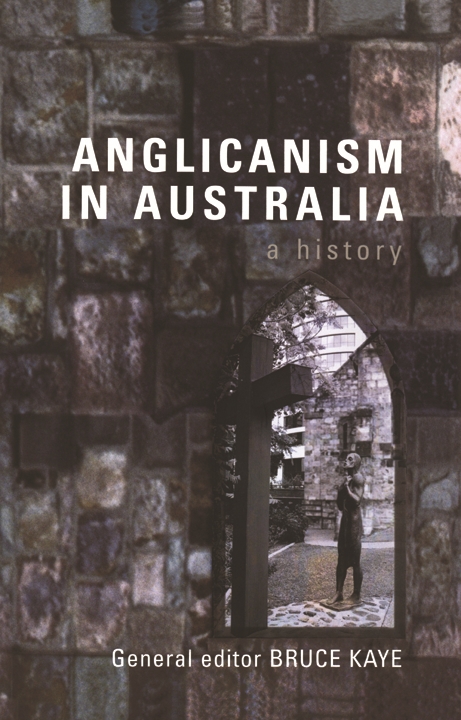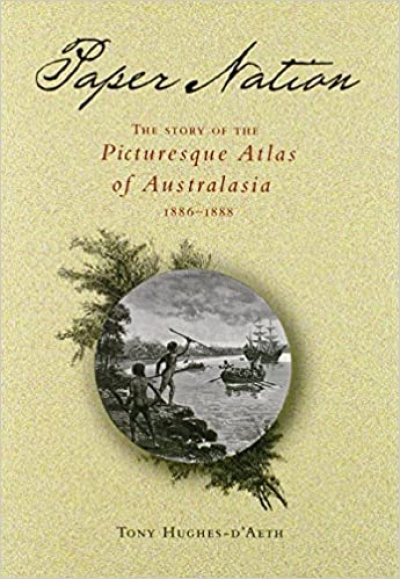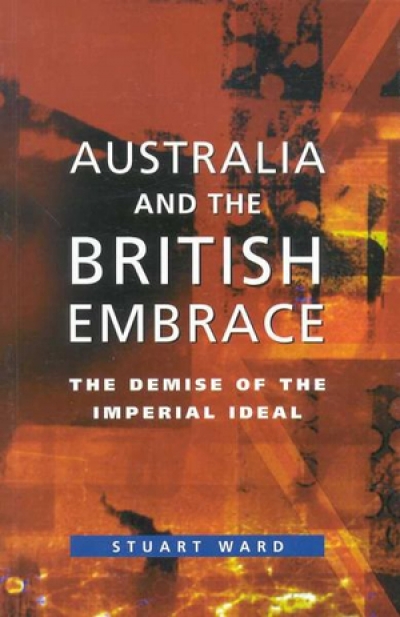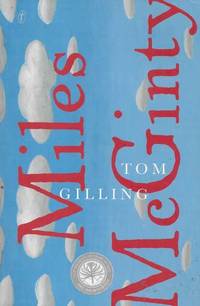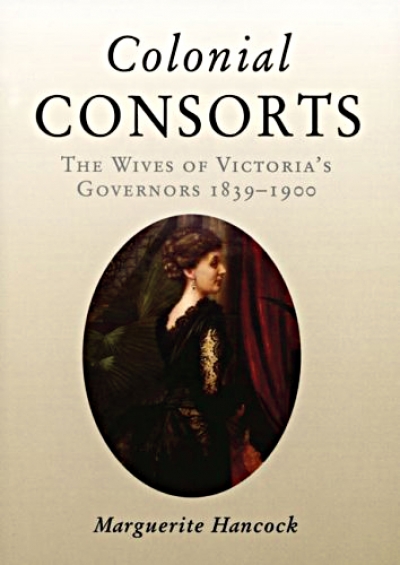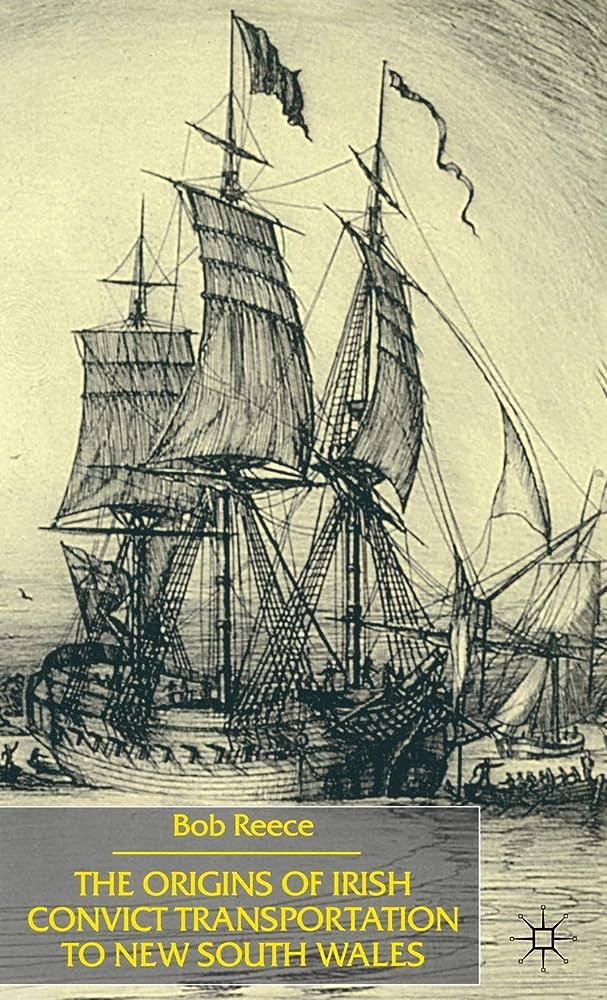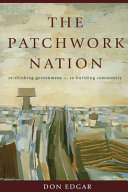Australian History
In 1941 the allied Western Desert Forces captured 130,000 Italian soldiers in Libya, the majority of whom were evacuated to Australia, India, South Africa and Ceylon. In 1943 Australia held 4668 Italian POWs. To increase agricultural production and relieve the shortage of manpower, the Australian government shipped a further 14,000 Italian soldiers from India during the course of the war, to be employed on farms throughout Australia. Britain was already employing over 40,000 Italian prisoners, housed in central camps and working under supervision. With greater distances and fewer resources, the Australian government decentralised their operation, placing Italian prisoners on private farms, unguarded, under the authority of local Control Centres.
... (read more)When the appointment of Archbishop Hollingworth as governor-general was announced last year, some critics argued that the separation of church and state was placed at risk. This objection was not heard when Pastor Doug Nicholls was appointed governor of South Australia in 1976, nor when Davis McCaughey, a Uniting Church minister, became governor of Victoria in 1986. Was the governor-generalship of Australia seen as being in a league of its own, or did the title ‘Archbishop’ ring alarm bells? And when the new governor-general became embroiled in the controversy over the church’s response to cases of child abuse, this secularist undercurrent bubbled to the surface again. I was struck by the strain of virulent anti-clericalism that ran through much of the talk-back commentary. Somehow the Anglican Church seemed easily identified in the popular imagination as part of the Establishment – remote, authoritarian and out of date.
... (read more)Paper Nation: The story of the Picturesque Atlas of Australasia 1886–1888 by Tony Hughes-d’Aeth
I first encountered the Picturesque Atlas of Australasia long before I heard its name. Readers who were at primary school in the late 1960s or early 1970s will know what I’m talking about — those illustrated booklets (a treasure trove for school projects) on Australian history, put out by the Bank of New South Wales, with pompous, triumphalist titles such as ‘Endeavour and Achievement’.
... (read more)Australia and the British Embrace: The demise of the imperial ideal by Stuart Ward
When did Australia grow up? Australian historians have accepted, almost as an obligation of their trade, that they must declare the moment when the child reached mature adulthood. Was it, as Justice Murphy proclaimed in splendid isolation on the High Court bench, at the moment of the adoption of the Commonwealth Constitution in 1901? He was, admittedly, an amateur historian. Was it with the passage of the Statute of Westminster in 1931, when the Dominions were given the right to have their own defence and foreign policies? Or in 1942, when Prime Minister Curtin looked to the United States ‘free of any pangs as to our traditional links and kinship with the United Kingdom’? Or with the signing of the ANZUS Treaty in 1951? Or is the safest thing to stick with the election of the Whitlam government in 1972?
... (read more)Tom Gilling’s first novel, The Sooterkin, was an engaging and self-conscious oddity. Set in early nineteenth-century Tasmania, it had at its centre the striking conceit of the Sooterkin itself, a child born to a former convict and who is, to all intents and purposes, a seal. The Sooterkin was a critical success, inviting comparison to Peter Carey for its Dickensian energy and its playful engagement with the slippery rudiments of the Australian imagination.
... (read more)Death and bereavement come to us all, often as the most challenging experiences of our lives. In the end, we must all confront the inevitability of our own mortality. A study of dying and responses to death takes us to the heart of the history of any culture, and sharpens our understanding of the meaning of our lives. Despite the significance of death in human life, Ken Inglis and other scholars observed in the twentieth century ‘a modern distaste for the physical facts of mortality and a modern aversion to the darkness of mourning’. Only in the last twenty years has the taboo on death begun to lift. Public and academic concern has been stimulated by the AIDS epidemic, by debates about euthanasia, palliative care, and suicide rates, and by medical technology’s increasing interventions to prolong life. However, historians in Australia have been slower to participate in this discussion than colleagues in France, the USA, and Britain, especially for the nineteenth century. My own contribution is a book entitled Australian Ways of Death: A social and cultural history 1840–1918, and this essay tells an essential and distinctively Australian part of that story.
... (read more)I suspect that even his contemporaries found Matthew Flinders strange and not entirely likeable. His father hoped that, like his grandfather and himself, Matthew would become a surgeon, but filled with enthusiasm for adventure after reading Robinson Crusoe, the youth insisted on a career in the navy. He wrote to the woman who would become his long-suffering wife in a style that would have been stilted even then, one that conveyed his undoubted affection in such a self-conscious way as to leave the modern reader with an unpleasant sense of self-righteousness. Amid preparations for the Investigator voyage, Flinders told his father: ‘I have no present or future intention of marrying either [Ann Chappelle] or any other person, but leave England only wedded to my ship.’ Then, when his father declined to provide him with the funds he needed to underwrite the marriage he was in fact contemplating, Flinders replied peremptorily that his father should henceforth consider that he had four children rather than five.
... (read more)Colonial Consorts: The wives of Victoria’s governors, 1839–1900 by Marguerite Hancock
Nineteenth-century Victoria was reputed one of Britain’s most turbulent colonies. For more than twenty-five years, a liberal Legislative Assembly fought a conservative Legislative Council over reform of the constitution, control of Crown Lands, Protectionism and secular education. In the middle ground between the forces stood the governor, the umpire who was the Queen’s representative, the fount of authority, the conduit for honours, and the head of society, presiding over what passed for a court in Melbourne.
... (read more)The Origins of Irish Convict Transportation to New South Wales by Bob Reece
This book tells how the Irish government gradually rearranged its methods of convict transportation, from a variety of destinations in North America to a single destination on the far side of the world. The story takes place predominately between 1783 and 1791, from the independence of the United States (which effectively closed American ports to British and Irish transports) to the sailing of the Queen, the first ship to take convicts direct from Ireland to New South Wales. It is a subject that has never been properly examined, mainly because we tend to assume that the Irish point of view – as far as administration goes – was nothing more than a footnote to the British.
... (read more)Don Edgar has brought his wealth of experience in monitoring Australian society and its institutions to reflect on the changes now taking place and what needs to be done about them. The Patchwork Nation summarises the key aspects of social change, identifies the challenges associated with them (specifically for government) and sets out a coherent strategy for reform built around a strengthened role for local communities in responding to the forces of global economic change. This involves covering a huge amount of material. In this regard, the book succeeds in bringing together a number of disparate trends, ideas and themes, and makes them accessible to a wide audience. The book also contains a good deal of insight into the changes taking place. Yet there are questions to be asked about the extent to which some aspects of Edgar’s analysis are as compelling as the solutions he proposes. While many of the proposals developed in Section 3 are attractive, they do not always link with the forces for change described in Sections 1 and 2, and they are not always convincing.
... (read more)


